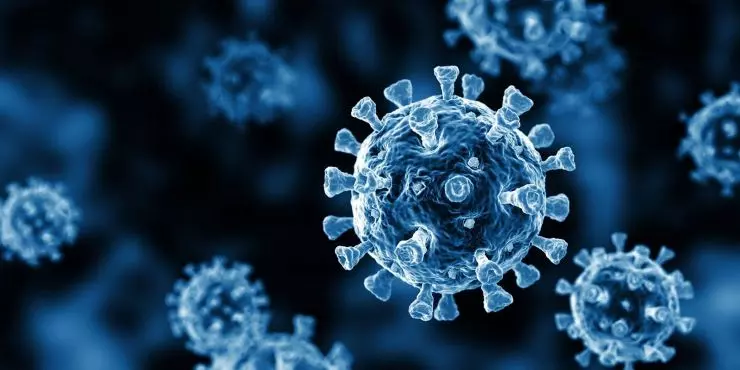
As new information on COVID-19 is being released we will continue to provide updates. Below are several common questions about COVID-19 that we have answered today to the best of our knowledge. It is important to remember that this is an ongoing issue that is changing based on research and we will do our best to keep this updated with the most current information. All of the answers below are directly from the CDC.
What is COVID-19?
On February 11, 2020, the World Health Organization announced an official name for the disease that is causing the 2019 novel coronavirus outbreak, first identified in Wuhan China. The new name of this disease is coronavirus disease 2019, abbreviated as COVID-19. In COVID-19, ‘CO’ stands for ‘corona,’ ‘VI’ for ‘virus,’ and ‘D’ for the disease. Formerly, this disease was referred to as “2019 novel coronavirus” or “2019-nCoV”. There are many types of human coronaviruses including some that commonly cause mild upper-respiratory tract illnesses. COVID-19 is a new disease, caused by a novel (or new) coronavirus that has not previously been seen in humans.
Why is it being called a novel coronavirus?
A novel coronavirus is a new coronavirus that has not been previously identified. The virus causing coronavirus disease 2019 (COVID-19), is not the same as the coronaviruses that commonly circulate among humans and cause mild illness, like the common cold.
How does it spread?
It mostly commonly is spread in close contact when individuals are within 6 feet of one another. Most often it is spread by droplets excreted in the air from the infected person. These droplets are then inhaled by another person causing them to become infected. Less common is air droplets landing on a surface and then coming into contact with the virus via touch.
What are the symptoms?
There has been a wide range of symptoms reported with COVID-19. Symptoms include, but are not limited to:
- Fever or chills Cough
- Shortness of breath or difficulty breathing
- Fatigue Muscle or body aches
- Headache
- New loss of taste or smell
- Sore throat
- Congestion or runny nose
- Nausea or vomiting
- Diarrhea
Should I get tested?
If you have symptoms of COVID-19 and want to get tested, call your healthcare provider first. Most people will have mild illness and can recover at home without medical care and may not need to be tested. While the CDC guides testing, state, local health departments, and healthcare providers decide on who should be tested. Consult your local departments for more information.
What if I was around someone positive for COVID-19?
You must stay home and away from others for 14 days from the last day that you were around that person. You can seek more information on shortening this time period from your local health officials.
Have Additional COVID-19 Questions?
There are many questions surrounding COVID-19 and we highly encourage you to visit the CDC and the Minnesota Department of Health to learn more.